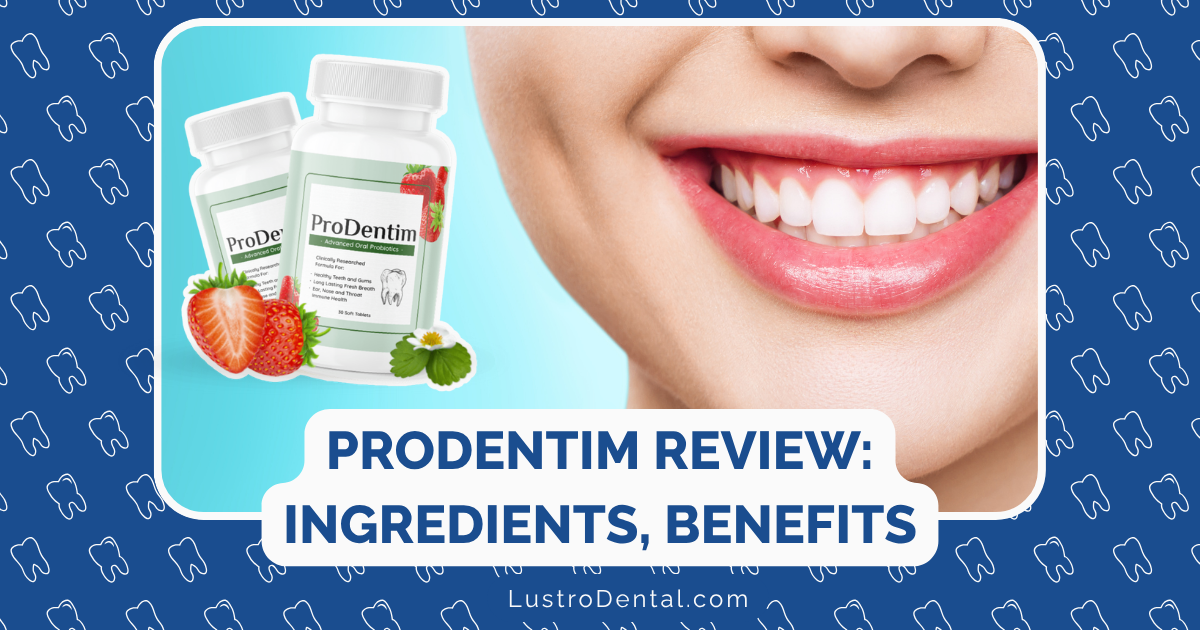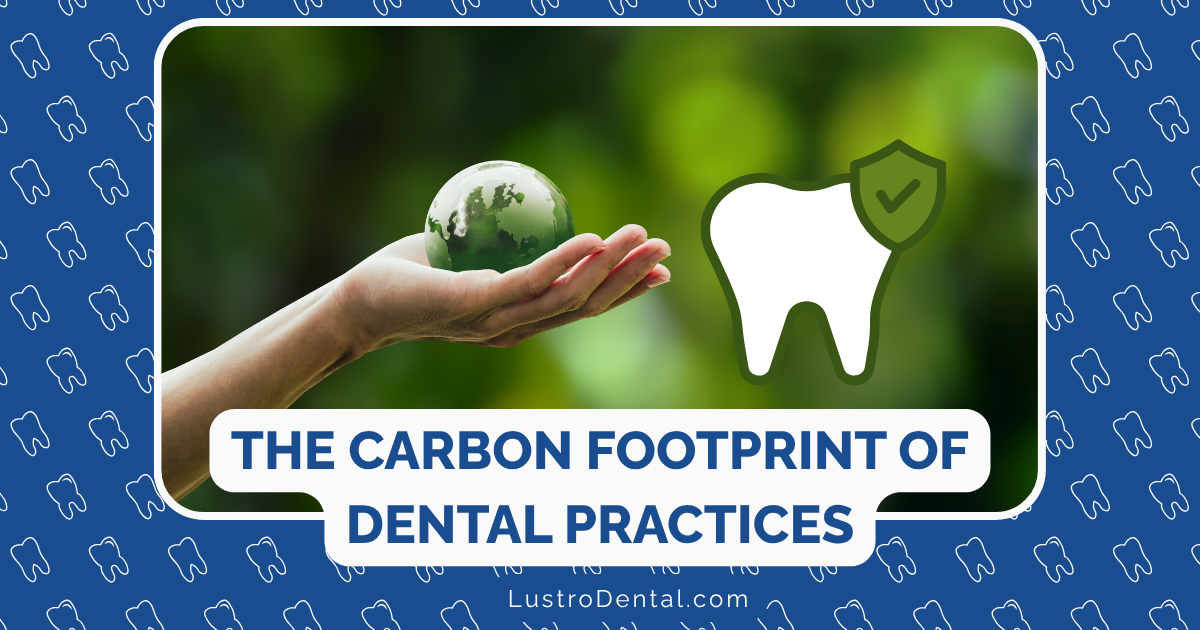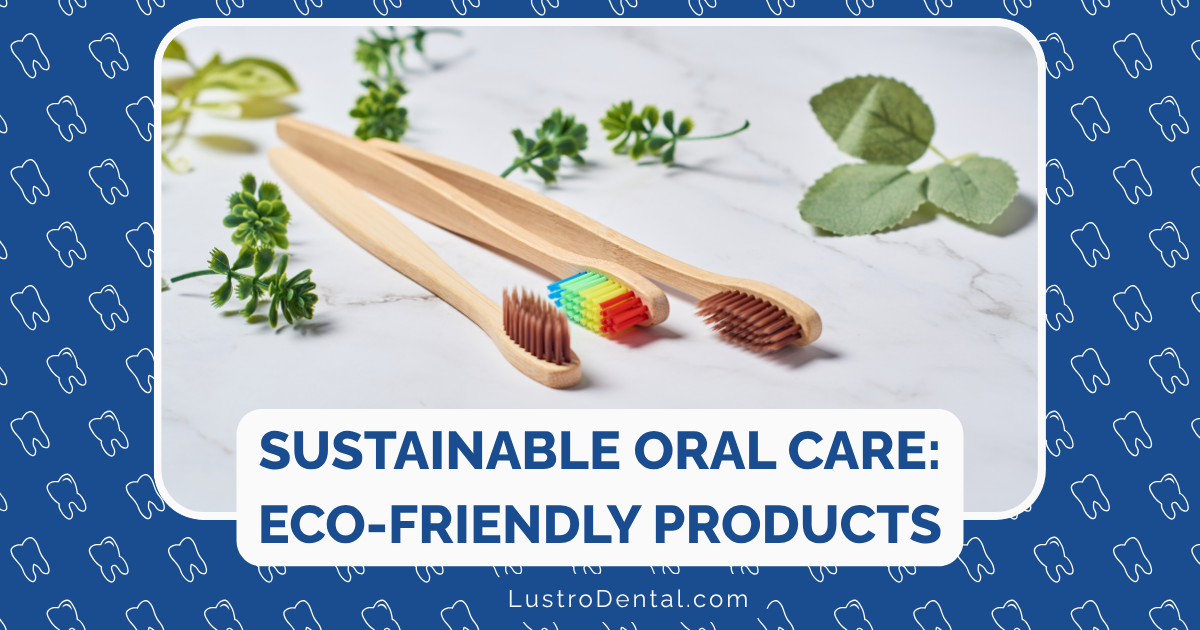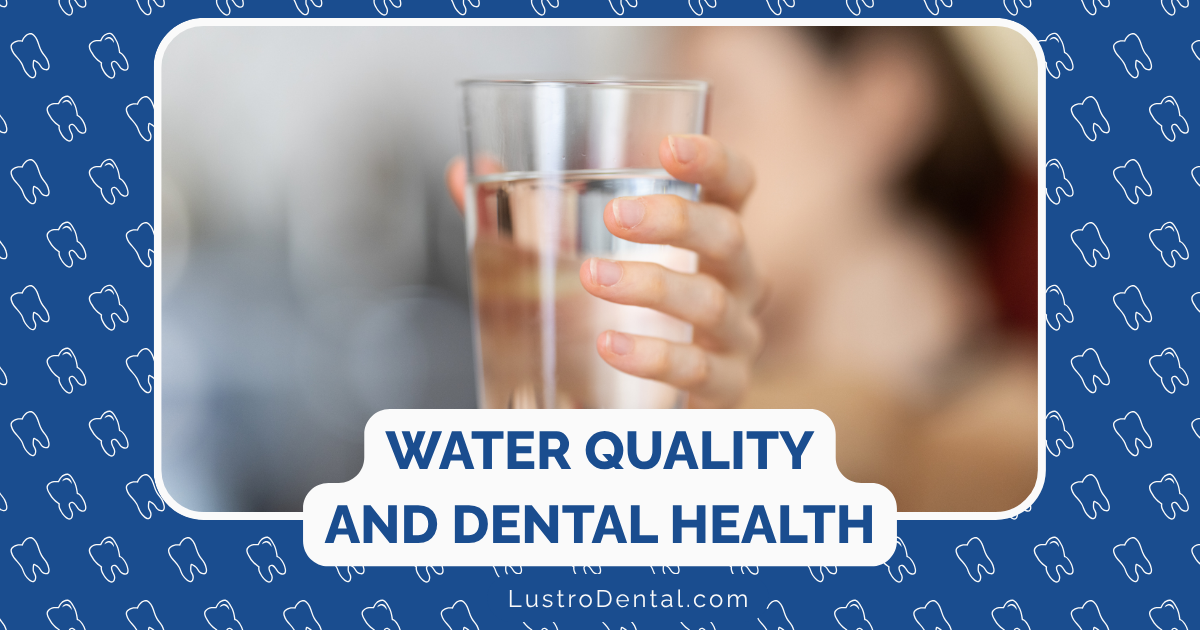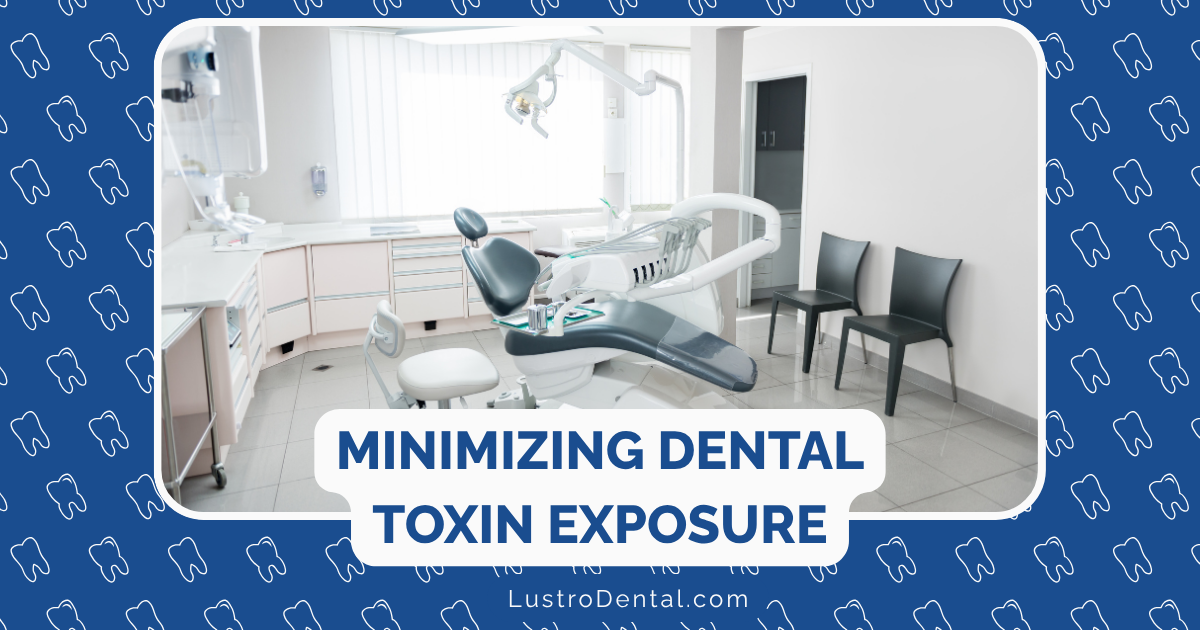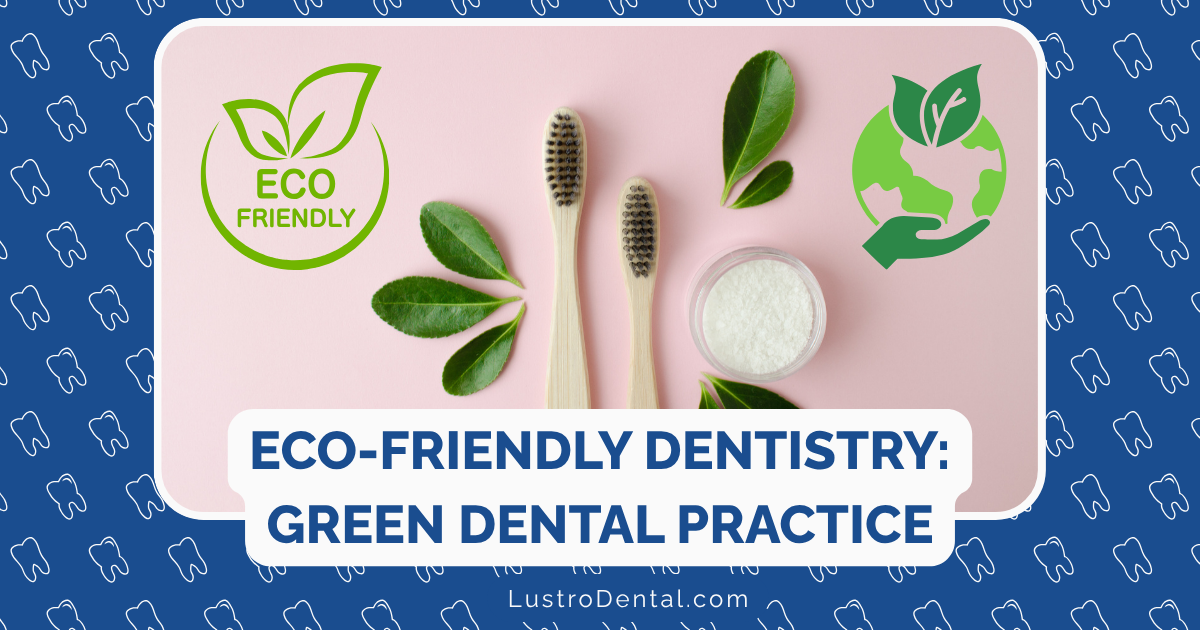Biological Dentistry Explained: Philosophy and Practice Differences
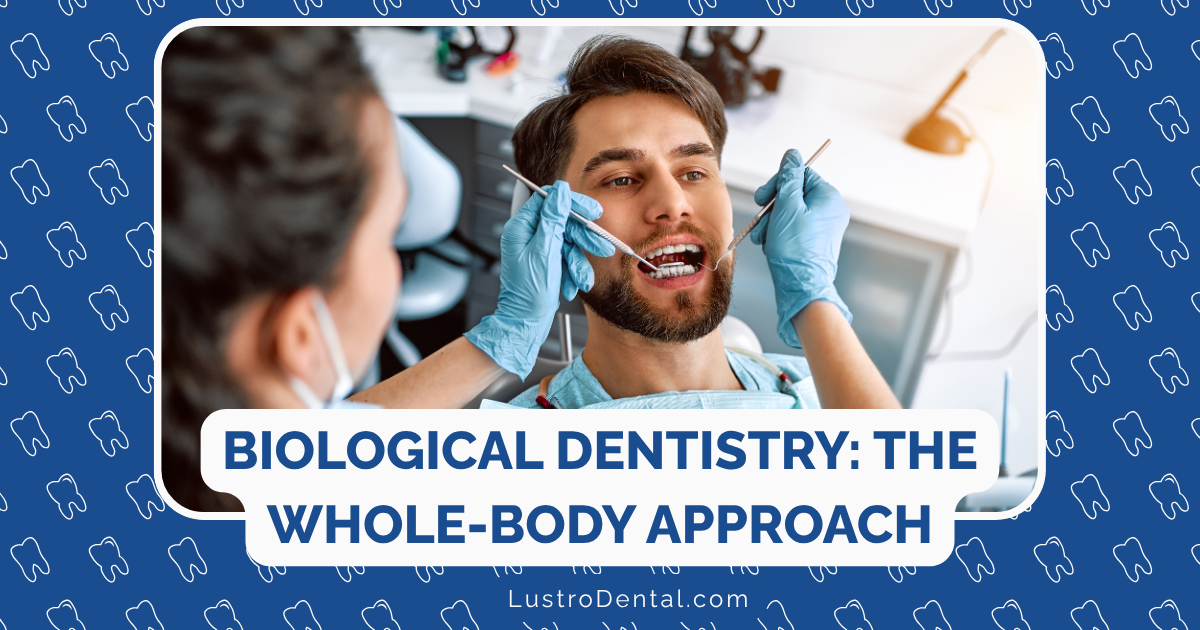
When most people think about going to the dentist, they envision a fairly standard experience: regular cleanings, fillings for cavities, perhaps the occasional crown or root canal. This approach, known as conventional dentistry, has been the mainstream model for dental care for decades. However, a growing movement called biological dentistry (also known as holistic or integrative dentistry) offers an alternative perspective on oral healthcare—one that views your teeth and gums not in isolation, but as integral components of your overall health.
But what exactly is biological dentistry? How does it differ from conventional approaches? And what should patients know when considering this alternative approach to dental care? This comprehensive guide explores the philosophy, practices, and key differences between biological and conventional dentistry to help you make informed decisions about your oral health.
Understanding the Philosophy of Biological Dentistry
At its core, biological dentistry is guided by a fundamental principle: the health of your mouth is inextricably linked to the health of your entire body.
The Mouth-Body Connection
While conventional dentistry primarily focuses on treating dental issues in isolation, biological dentistry emphasizes what practitioners call the “oral-systemic connection”—the understanding that oral health problems can affect and be affected by conditions elsewhere in the body.
Dr. Sarah Johnson, a biological dentist practicing in Boston, explains: “The mouth is not a separate entity from the rest of the body. It’s the beginning of the digestive system, contains a significant portion of our microbiome, and provides direct access to our bloodstream. What happens in the mouth doesn’t stay in the mouth—it can influence our overall health in profound ways.”
This perspective is supported by a growing body of research linking oral health issues, particularly periodontal (gum) disease, to systemic conditions such as heart disease, diabetes, respiratory infections, and even certain cancers.
A Preventive and Causative Approach
Rather than merely treating symptoms as they arise, biological dentistry emphasizes:
- Prevention: Focusing on nutrition, lifestyle, and proper oral hygiene to prevent dental problems before they start
- Root cause analysis: Investigating the underlying causes of dental issues rather than just addressing their manifestations
- Individualized care: Recognizing that each patient’s oral health is influenced by their unique genetic makeup, medical history, lifestyle, and environmental exposures
As noted by Market Common Dentistry, biological dentists “emphasize prevention through regular cleanings, patient education, and early intervention” to maintain optimal oral health.
Minimally Invasive Treatment Philosophy
Biological dentistry prioritizes preserving as much natural tooth structure as possible, adhering to the principle that the best dental material is your own natural tooth. This translates to:
- Avoiding unnecessary procedures
- Using the least invasive techniques possible when treatment is needed
- Preserving natural tooth structure whenever feasible
- Focusing on remineralization and healing rather than drilling and filling at the first sign of decay
Key Practices That Distinguish Biological Dentistry
Several specific practices set biological dentistry apart from conventional approaches:
1. Biocompatible Materials
One of the most distinctive aspects of biological dentistry is the emphasis on using materials that are compatible with the human body.
According to Dr. Surinder Arora, “A key philosophy in biological dentistry is the use of biocompatible materials, which are less likely to cause adverse reactions in patients.”
This includes:
- Avoiding mercury amalgam fillings: Biological dentists universally reject the use of mercury-containing amalgam fillings due to concerns about mercury toxicity.
- Material compatibility testing: Some biological dentists offer testing to determine which dental materials are most compatible with an individual patient’s biochemistry.
- Metal-free restorations: Preference for ceramic, composite resin, and other non-metallic materials for crowns, bridges, and implants.
2. Safe Mercury Amalgam Removal
For patients with existing mercury amalgam fillings, biological dentists follow specific protocols for their removal to minimize potential mercury exposure during the process.
The Holistic Dental Center NJ notes that they perform “safe mercury removal of amalgam fillings… replacing them with biocompatible materials to ensure safety and health.”
These protocols typically include:
- Use of rubber dams to prevent swallowing of mercury particles
- High-volume suction to capture mercury vapor
- Oxygen supplementation for the patient during the procedure
- Specialized filtration systems in the office
- Specific sequencing for removal to minimize exposure
3. Fluoride Alternatives
While conventional dentistry embraces fluoride as a primary tool for preventing tooth decay, many biological dentists express concerns about its systemic effects.
Dentakademi Global explains that “instead of fluoride treatments, holistic dentistry promotes alternatives such as herbal toothpaste and xylitol-based products.”
Alternative approaches to decay prevention may include:
- Xylitol products that inhibit bacterial growth
- Remineralizing agents containing calcium and phosphate
- Emphasis on pH balance in the mouth
- Nutritional counseling to support natural remineralization
4. Nutritional and Lifestyle Guidance
Biological dentists often place significant emphasis on how diet and lifestyle affect oral health.
Alma Dental Care notes that “Dr. Serrano offers personalized nutritional guidance to help maintain strong teeth and gums,” highlighting how biological dentists often go beyond traditional dental advice.
This guidance may include:
- Recommendations for nutrient-dense foods that support dental health
- Advice on reducing sugar and acidic foods that contribute to decay
- Suggestions for supplements that support oral health
- Discussion of lifestyle factors like stress management and sleep that impact oral health
5. Integration with Complementary Therapies
Many biological dental practices incorporate or recommend complementary approaches to support oral health:
- Ozone therapy: Using ozone to kill bacteria and promote healing
- Laser treatments: Employing lasers for minimally invasive procedures
- Homeopathic remedies: Recommending natural substances to support healing
- Acupuncture: Offering or referring for acupuncture to address TMJ issues or dental anxiety
6. Collaboration with Other Healthcare Providers
Biological dentists often work as part of a broader healthcare team.
Insight Dental points out that “biological dentists often collaborate with other healthcare providers, such as naturopaths and nutritionists,” reflecting their whole-body approach to oral health.
This collaborative approach may include:
- Referring patients to naturopathic doctors, functional medicine practitioners, or nutritionists
- Consulting with physicians about how dental issues might be affecting a patient’s overall health
- Working with chiropractors or osteopaths on issues related to jaw alignment and TMJ disorders
Comparing Biological and Conventional Dentistry
To better understand biological dentistry, it’s helpful to compare it directly with conventional approaches:
Diagnostic Approach
Conventional Dentistry:
- Focuses primarily on visual examination, probing, and radiographs
- Typically shorter examination appointments
- Standardized approach to diagnosis
- Limited consideration of systemic health factors
Biological Dentistry:
- May include additional assessments like salivary pH testing or biofilm analysis
- Generally longer, more comprehensive examinations
- Individualized approach based on patient’s overall health profile
- Considers how systemic health issues might be manifesting in the mouth
Treatment Philosophy
Conventional Dentistry:
- Emphasis on treating symptoms and existing conditions
- Standardized protocols for common dental issues
- Focus on mechanical solutions to dental problems
- Efficiency-oriented approach
Biological Dentistry:
- Emphasis on identifying and addressing root causes
- Individualized treatment plans based on patient’s unique situation
- Focus on supporting the body’s natural healing processes
- Relationship-oriented approach that may require more time
Materials Used
Conventional Dentistry:
- May use amalgam fillings containing mercury
- Primarily concerned with mechanical properties and longevity of materials
- Standard materials used across most patients
- Less concern about potential systemic effects of materials
Biological Dentistry:
- Never uses mercury amalgam fillings
- Prioritizes biocompatibility over mechanical properties in some cases
- May customize material selection based on individual patient testing
- Significant concern about potential systemic effects of dental materials
Preventive Approach
Conventional Dentistry:
- Emphasis on mechanical cleaning, fluoride, and sealants
- Standard oral hygiene instructions
- Limited nutritional guidance beyond avoiding sugar
- Focus primarily on preventing cavities and gum disease
Biological Dentistry:
- Emphasis on diet, nutrition, and lifestyle factors
- Personalized oral hygiene recommendations
- Detailed nutritional guidance for optimal oral health
- Focus on preventing dental issues while supporting overall health
The Evidence and Criticism: A Balanced View
As with any approach that diverges from mainstream practice, biological dentistry has its proponents and critics. It’s important to consider both perspectives.
Supporting Evidence
Several aspects of biological dentistry are supported by scientific research:
- The oral-systemic connection is increasingly recognized in medical literature, with strong evidence linking periodontal disease to various systemic conditions.
- Concerns about mercury exposure from dental amalgam have led to restrictions in many countries, including a ban on its use in children and pregnant women in the European Union as of 2018.
- Minimally invasive dentistry principles are becoming more widely accepted in conventional practice as well.
- The importance of diet and nutrition in dental health is well-established in scientific literature.
Criticisms and Limitations
Critics of biological dentistry raise several valid points:
- Lack of standardization: The Academy of General Dentistry notes that “holistic dentistry is not a recognized specialty, leading to varied interpretations by practitioners.”
- Limited research on some practices: Some specific techniques used in biological dentistry have not been extensively studied in clinical trials.
- Potential for higher costs: Insight Dental points out that “the costs of biological dentistry may be higher due to its personalized and specialized approach.”
- Accessibility challenges: Biological dental practices are less common than conventional ones, limiting access for many patients.
Dr. Michael Chen, a conventional dentist who incorporates some biological principles, offers a balanced perspective: “There are valuable insights from biological dentistry that can benefit patients, particularly the emphasis on minimally invasive techniques and the recognition of the oral-systemic connection. However, it’s important to maintain a critical eye and ensure that practices are grounded in scientific evidence.”
Is Biological Dentistry Right for You?
Determining whether biological dentistry aligns with your needs requires considering several factors:
You Might Consider Biological Dentistry If:
- You have multiple chemical sensitivities or allergies to conventional dental materials
- You’re concerned about the potential health effects of mercury amalgam fillings
- You prefer a more holistic approach to healthcare in general
- You have autoimmune conditions that might be affected by dental materials or procedures
- You’re looking for a more preventive and nutrition-focused approach to dental care
- You’ve had negative experiences with conventional dental treatments
Questions to Ask a Biological Dentist:
If you’re considering a biological dentist, here are some questions to help you evaluate their practice:
- What specific training do you have in biological dentistry?
- How do you determine which dental materials are appropriate for individual patients?
- What protocols do you follow for removing mercury amalgam fillings?
- How do you collaborate with other healthcare providers?
- What preventive strategies do you recommend beyond standard oral hygiene?
- How do you balance biological principles with evidence-based dentistry?
A Patient’s Perspective
Lisa, a 42-year-old who switched to a biological dentist after experiencing unexplained health issues, shares her experience:
“After years of conventional dental care, I was surprised by how different my first appointment with a biological dentist was. The initial exam took nearly twice as long as I was used to, with detailed questions about my overall health, diet, and lifestyle. When I needed a filling, the dentist spent time explaining the different material options and why she recommended a specific composite for my situation.
“What I appreciate most is the preventive focus—I’ve learned so much about how nutrition affects my dental health, and for the first time, I feel like I’m addressing the root causes of my dental problems rather than just treating symptoms as they appear. It’s been more expensive, but for me, the personalized approach has been worth it.”
Finding Middle Ground: The Evolution of Dental Care
It’s worth noting that the line between biological and conventional dentistry is becoming increasingly blurred as more evidence emerges supporting certain aspects of the biological approach.
Many conventional dentists now:
- Recognize the importance of the oral-systemic connection
- Offer mercury-free options for fillings
- Employ more minimally invasive techniques
- Consider nutritional factors in dental health
Similarly, responsible biological dentists:
- Base their practices on scientific evidence where available
- Refer to specialists when appropriate
- Maintain high standards for infection control and safety
- Continue their education in both biological and conventional techniques
Dr. Lisa Rodriguez, who describes her practice as “integrative dentistry,” represents this middle ground: “I don’t believe we need to choose between biological principles and evidence-based dentistry. The best approach incorporates the strengths of both—the whole-body perspective and prevention focus of biological dentistry combined with the scientific rigor and proven techniques of conventional care.”
Conclusion: Making Informed Choices About Your Dental Care
Biological dentistry offers an alternative approach that views oral health as an integral component of overall wellbeing. With its emphasis on biocompatible materials, minimally invasive treatments, and addressing the root causes of dental issues, it represents a distinct philosophy from conventional dentistry.
Whether biological dentistry is right for you depends on your individual health needs, values, and preferences. The most important thing is to be an informed patient—understanding the different approaches available and asking questions to ensure you receive care that aligns with your health goals.
As dental care continues to evolve, the best practices from both biological and conventional approaches will likely continue to inform each other, ultimately leading to more comprehensive, personalized care that supports both oral and overall health.
Have you had experience with biological dentistry? What questions do you have about this approach to dental care? Share your thoughts in the comments below!


